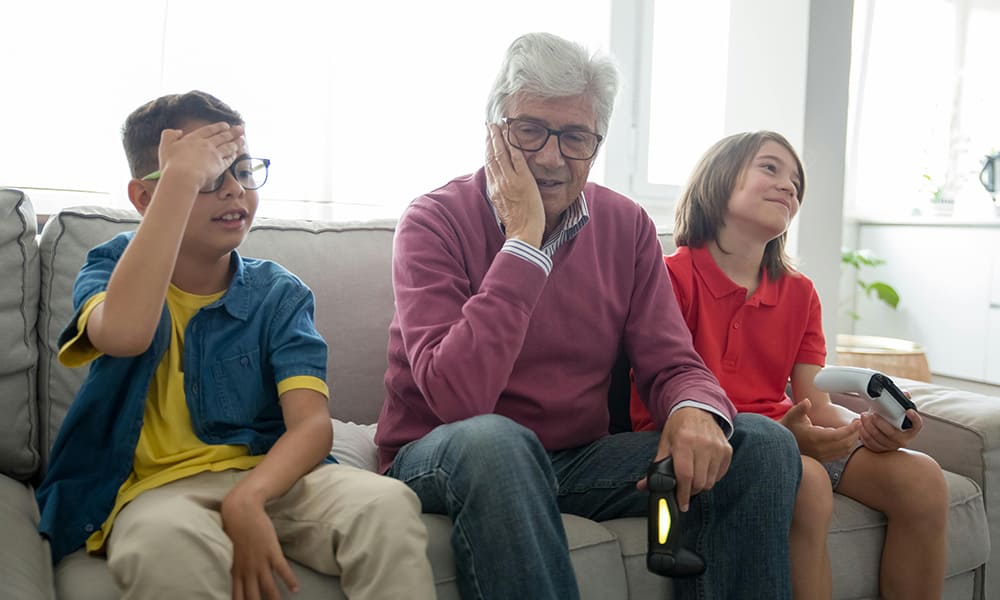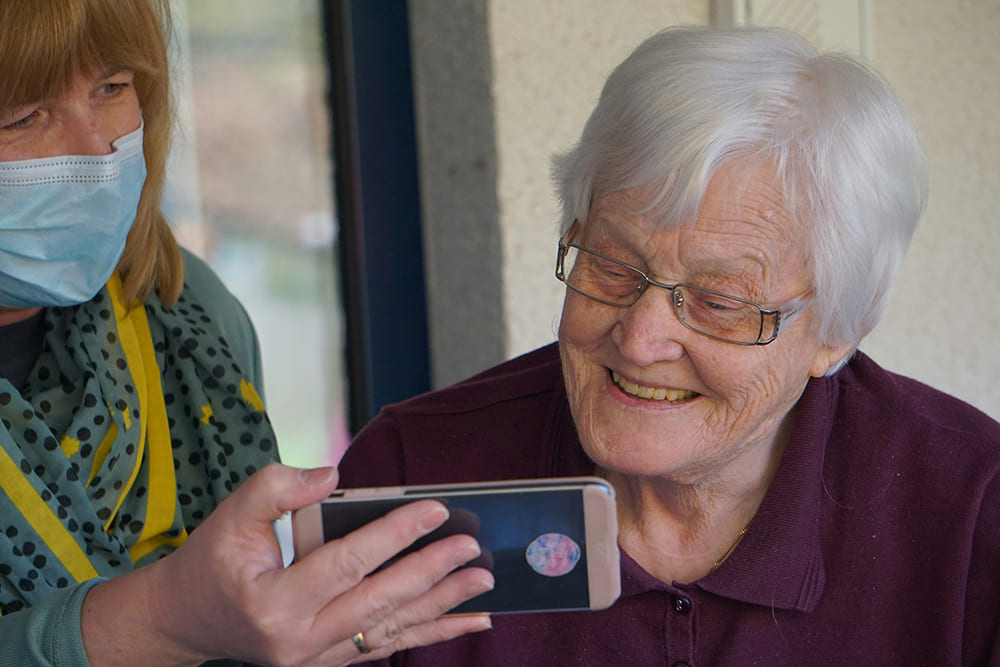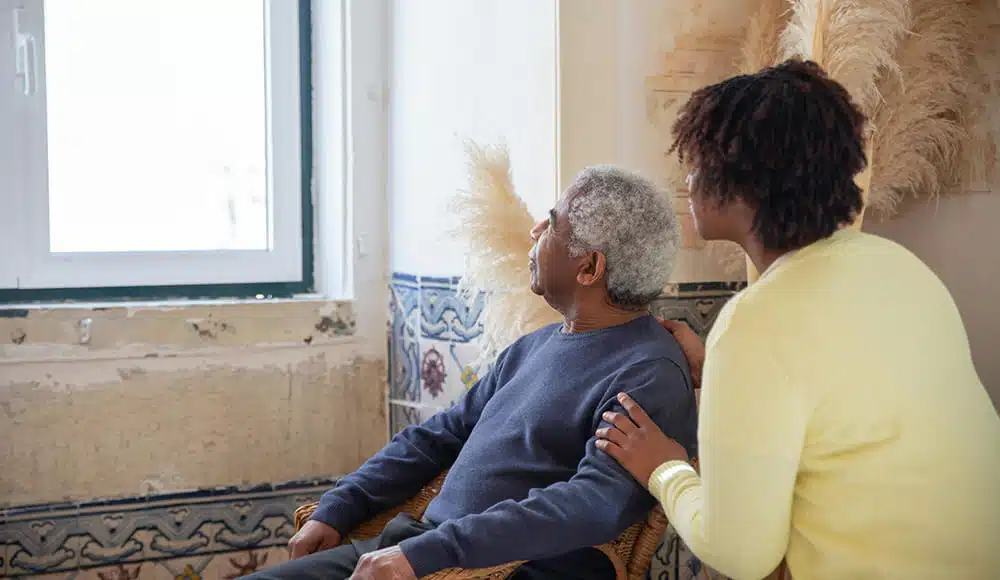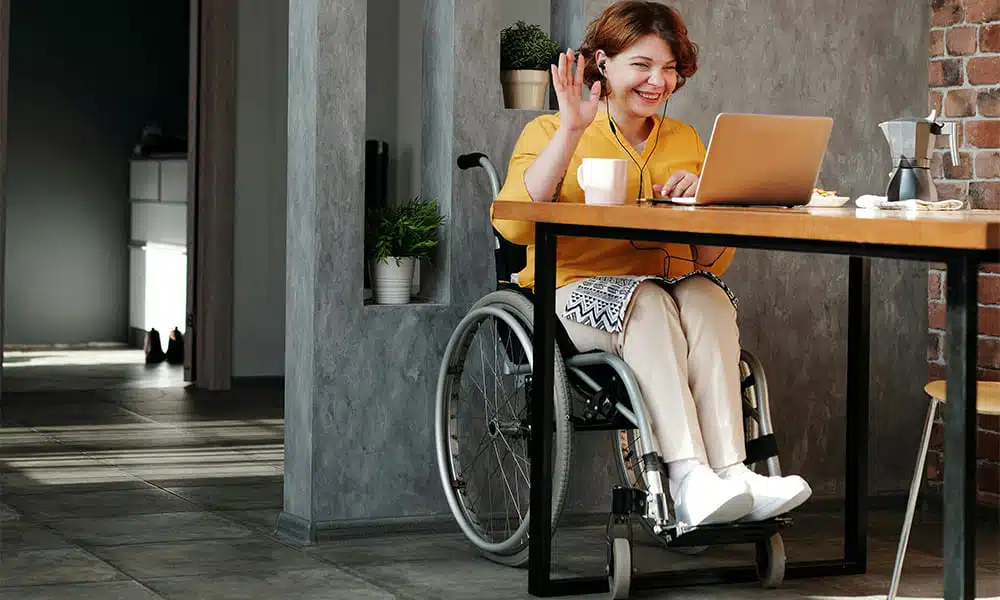
Christopher Ravn
Key Takeaways
1. Engaging in games and activities can provide both cognitive stimulation and emotional benefits for individuals with Alzheimer's disease.
2. Choose games that are appropriate for the individual's cognitive abilities and interests, focusing on simplicity and enjoyment.
3. Consider the social and emotional benefits of games, as they can help reduce isolation and improve mood.
Table of Contents
1. Best Games For Alzheimer's Patients
2. How Can Games Help Alzheimer's Patients?
3. Popular Games For Dementia Patients
4. How Do Brain Games Help With Dementia?
5. What Are The Best Memory Games For Alzheimer's Patients?
6. How To Adapt Activities For People With Alzheimer's Disease
7. What Games Should You Avoid For Alzheimer's Patients
8. How To Select The Best Activities/Games For Persons With Alzheimer Disease
9. Frequently Asked Questions About Games For Alzheimer's Patients
Best Games For Alzheimer's Patients
- Uno is a simple card game that aids with social interaction and memory recall.
- Simon is a game that requires repeating patterns and sequences. This helps to improve memory and concentration.
- Scrabble challenges word, memory, and problem-solving skills.
- Snake and Ladder is a classic game that uses numbers and is enjoyable for patients.
- Bingo is a popular game that helps with attention, memory, and social interaction.
- Improving memory, attention, problem-solving, and language skills
- Encouraging communication, engagement, and bonding with others
- Providing a sense of accomplishment, enjoyment, and purpose
Why These Activities Or Games Work For Persons With Alzheimer's Disease?
- Promoting a mentally stimulating activity that challenges the brain to adapt and recognize itself.
- Possibly activating regions of the brain and maintaining cognition by using other parts of the brain to perform a task, enhancing communication within the brain and developing new neural pathways.
How Can Games Help Alzheimer's Patients?
- By constantly participating in cognitively stimulating activities, helps with gray matter and enhances cognition.
- Playing cards, checkers, crosswords, or puzzles may assist in promoting brain health, memory, problem-solving skills, and attention.
- May potentially delay the progression of Alzheimer’s.
- Lower the risk of age-related memory loss and mild cognitive impairment.
- Provide mental clarity
- Enhance mood, reduce agitation, and increase overall satisfaction.
- Promotes neural plasticity and slows down disease progression.
Improving Mood
- Reducing stress
- Improving mood
- Reducing depression
- Enhance relaxation
- Decrease hostility.
- Improved spatial skills
- Increased attention
- Providing healthy distraction from negative emotions and stressors
- Offering a sense of accomplishment
- Fostering social connections and community building
- Dopamine release and reward processing
- Flow experiences
- Cognitive training and neuroplasticity
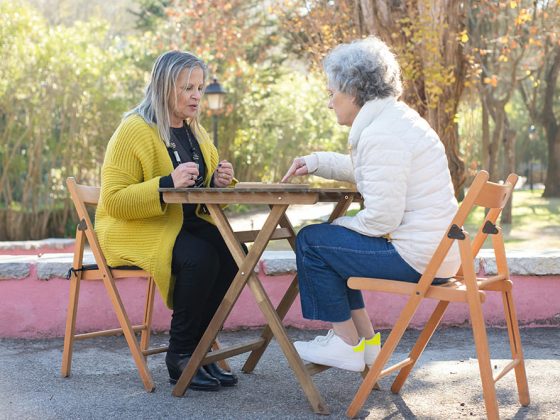
Improving Social Life And Communication
- Offer a platform where patients can share simulations and enhance social bonds.
- Promote communication, which reduces a sense of stress and isolation.
Popular Games For Dementia Patients
- Crosswords, word searches, anagrams, and cryptograms.
- Scrabbles and boggle.
- Jigsaw puzzles, memory matching, and picture-recalling games are also great gifts for dementia patients.
- Trivia, sensory activities for dementia patients or games like music and art, and exercises such as dance, light stretching, and yoga.
Best Puzzle Games For Dementia Patients
- Word Search Puzzles may assist dementia patients in using sheets with markers to exercise their cognitive abilities.
- Wooden Puzzle Pattern Blocks provide tactile experience, hence allowing the patient to arrange shapes to refine their motor and problem-solving skills.
- Card games like Go Fish, Rummy, and Slapjack promote social interaction, memory recall, and cognitive function.
- Choose products designed or select brain exercises for seniors with dementia, avoiding childish or overly complex puzzles.
- Select puzzles that match the individual’s cognitive abilities, starting with simple and gradually increasing difficulty.
- Incorporate puzzles with different textures, shapes, and sizes to engage the senses and promote exploration.
- Encourage social interaction by playing puzzles with others, either in-person or virtually.
- Interest-based: Choose puzzles that align with the individual’s interests, making them more engaging and enjoyable.
Why Choose Simple Games And Activities For Alzheimer's Patients
Simple games and activities may work best for Alzheimer’s patients because they cater to those that have cognitive issues and may provide a sense of accomplishment and reduce their anxiety.
Simple tasks such as folding laundry or setting the table may assist with the patient’s abilities, thus reducing frustration and boosting their confidence and engagement. It also helps with their sense of accomplishment as they complete the tasks. This makes them feel valued and not like an invalid, thus enhancing a positive state. It also helps to reduce anxiety through structural routines. It provides feelings of security, which helps them to work on their tasks with less stress and agitation.
It is also important to look at past hobbies and talents such as baking and sweeping, which help to make patients feel rewarded and enjoy the experience.
We Believe Prioritizing Brain Health Enhances Your Quality Of Life
Get to know our team, our mission and how our EVY LIGHT® can provide you and your loved ones with a fuller life, letting you breathe a little easier.
How Do Brain Games Help With Dementia?
Brain games may assist by enhancing neuroplasticity or brain plasticity. This helps the brain to recognize and learn new information and adapt to the changes. Therefore, it is important to understand how brain games help with dementia.
- Enhance neural pathways and challenge the brain to take on problems.
- Potentially build cognitive reserve, which helps to protect against cognitive decline and dementia.
- Games involving spatial reasoning and problem-solving may stimulate the growth of new neurons.
What Are The Best Memory Games For Alzheimer's Patients?
- Crossword puzzles that help with language skills, attention, and memory.
- Scrabble, which works on memory, problem-solving, and verbal skills.
- Jigsaw puzzles that are fun and promote attention, spatial reasoning, and memory.
- Word searches that are engaging and focus on memory and vocabulary.
- Go Fish, which is a classic that assists with memory, reasoning, and identifying patterns.
- Mindmate, is a digital game designed to enhance memory, attention, and problem-solving skills. It is a free game and suitable for Alzheimer’s patients.
- Luminosity, is an app that trains attention, memory, problem-solving, and flexibility.
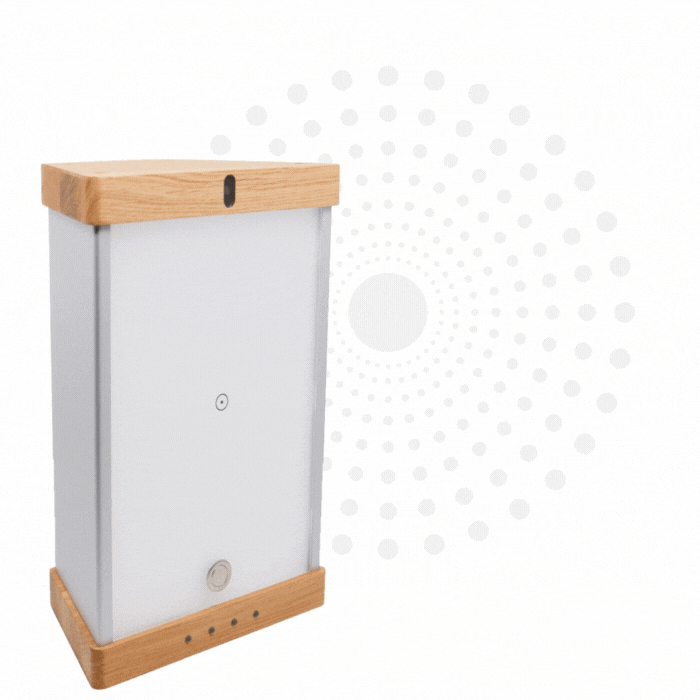
Enhance your brain performance through the power of light.
Comfortable and easy to use 40Hz light therapy to support and improve your brain function.
View Our LightHow To Adapt Activities For People With Alzheimer's Disease
- Determine a patient’s strengths and weaknesses and choose games that cater to their strengths.
- Keep the game simple and use clear instructions so that they may focus on one thing at a time.
- Use familiar objects, such as their favorite image or toys, to stimulate engagement.
- Ensure that it is fun and enjoyable and not about the competition. Praise the patient throughout the game so that they feel valued.
- Guidance and support are essential; don’t work on the activity for the patient.
- Change the activity as often as possible to provide variety and keep it exciting.
- Play games such as identifying the music or something tied to aromas and tactile experiences.
- Helps to reduce frustration
- Encourage participation and improve the overall mood.
- Provides enjoyment, a sense of purpose, and fulfillment.
What Games Should You Avoid For Alzheimer's Patients
- Games like Risk and chess may require advanced cognitive skills and problem-solving.
- Complex electronic games may lead to frustration or agitation.
- Games such as blackjack or poker require one to deceive and manipulate. This may frustrate the patient.
- Multiplayer card or board games that may be difficult to organize and require pepper participation.
How To Select The Best Activities/Games For Persons With Alzheimer Disease
- Has clear and simple instructions for easy understanding
- Do not use complex and abstract language.
- Use visual aids
- Choose activities that stimulate interest.
- Utilize themes they are familiar with, such as art, music, or everyday objects.
- Encourage collaboration and social interaction.
- Focus on games that promote memory recall, problem-solving, attention and concentration, and language skills.
- Ensure that the games focus on the senses, such as visual, tactile, and auditory.
- Select activities that are flexible and can be modified if the situation seems challenging.
- Make it meaningful and relevant to the patient’s interests and experiences.
Learn What Others Have Experienced with EVY Light
See how others have achieved a sharper mind by activating their gamma brainwaves in combination with maintaining a healthy lifestyle.
Frequently Asked Questions About Games For Alzheimer's Patients
What Are The Best Games For Alzheimer's Patients?
- Uno is a simple card game that aids with social interaction and memory recall.
- Simon is a game that requires repeating patterns and sequences. This helps to improve memory and concentration.
- Scrabble challenges word, memory, and problem-solving skills.
- Snake and Ladder is a classic game that uses numbers and is enjoyable for patients.
- Bingo is a popular game that helps with attention, memory, and social interaction.
How Games Can Help People With Alzheimer's?
- Enhance neural pathways and challenge the brain to take on problems.
- Potentially build cognitive reserve, which helps to protect against cognitive decline and dementia.
- Games involving spatial reasoning and problem-solving may stimulate the growth of new neurons.






